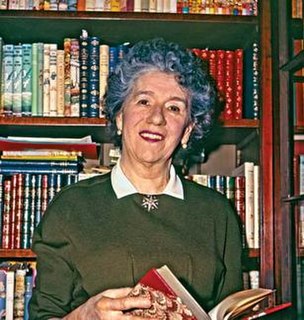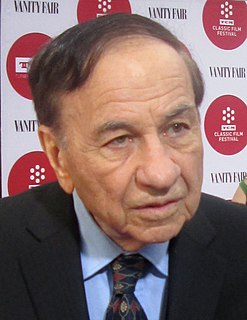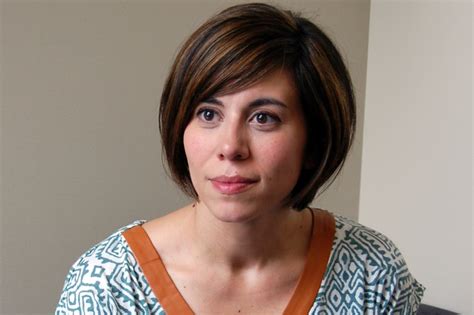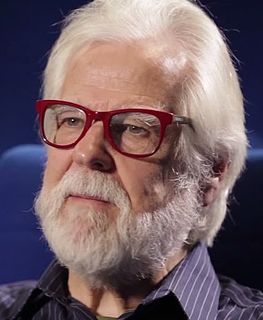A Quote by Aldous Huxley
Isn't it remarkable how everyone who knew [D.H.] Lawrence has felt compelled to write about him? Why, he's had more books written about him than any writer since Byron!
Related Quotes
No president in history has been more vilified or was more vilivied during the time he was President than Lincoln. Those who knew him, his secretaries, have written that he was deeply hurt by what was said about him and drawn about him, but on the other hand, Lincoln had the great strength of character never to display it, always able to stand tall and strong and firm no matter how harsh or unfair the criticism might be. These elements of greatness, of course, inspire us all today.
When I had finished the book I knew that no matter what Scott did, nor how he behaved, I must know it was like a sickness and be of any help I could to him and try to be a good friend. He had many good, good friends, more than anyone I knew. But I enlisted as one more, whether I could be of any use to him or not. If he could write a book as fine as The Great Gatsby I was sure that he could write an even better one. I did not know Zelda yet, and so I did not know the terrible odds that were against him. But we were to find them out soon enough.
We had a great connection with Pedro Almodovar from the beginning. Even before I met him, it was so strange. I felt like I already knew him. I loved him even before I met him. It was so powerful. And when I looked at him in the eyes, this was the feeling that I knew I was going to have with him. It gets bigger and bigger every day. I adore him. It's much more than working together. He's a really special person in my life.
Then I realized what separated us: what I thought about him could not reach him; it was psychology, the kind they write about in books. But his judgment went through me like a sword and questioned my very right to exist. And it was true, I had always realized it; I hadn't the right to exist. I had appeared by chance, I existed like a stone, a plant or a microbe. My life put out feelers towards small pleasures in every direction. Sometimes it sent out vague signals; at other times I felt nothing more than a harmless buzzing.
His books were part of him. Each year of his life, it seemed, his books became more and more a part of him. This room, thirty by twenty feet, and the walls of shelves filled with books, had for him the murmuring of many voices. In the books of Herodotus, Tacitus, Rabelais, Thomas Browne, John Milton, and scores of others, he had found men of face and voice more real to him than many a man he had met for a smoke and a talk.
Everyone always asks, was he mad at you for writing the book? and I have to say, Yes, yes, he was. He still is. It is one of the most fascinating things to me about the whole episode: he cheated on me, and then got to behave as if he was the one who had been wronged because I wrote about it! I mean, it's not as if I wasn't a writer. It's not as if I hadn't often written about myself. I'd even written about him. What did he think was going to happen? That I would take a vow of silence for the first time in my life? "
Parker wasn't supposed to be a series. He was supposed to be one book, and if he was only going to be in one book, I didn't worry about it. And then an editor at Pocket Books said "Write more books about him." So I didn't go back at that point and give him a first name. If I'd known he would've been a series, I would've done two things differently. First, I would've given him a first name because that means for 27 books, I've had to find some other way to say, "Parker parked the car."
When I read the script [of Good Kill], it read like a science fiction film. And Andrew [writer/director Andrew Niccol] is known for sci-fi. But when I spoke to him, he said this picture was 100% factual, which blew my mind. I realized then how little I knew about the drone program. And I felt that, if I knew so little about it, there must be others who should be educated about what's going on.
I didn't know until high school that I was interested in writing in any real way. But there was this boy that I had a crush on, and I used to tell him all the time what I felt about him. Finally he gave me a blank journal and said to write it all down - and it didn't take me very long to realize how much I loved writing.






































